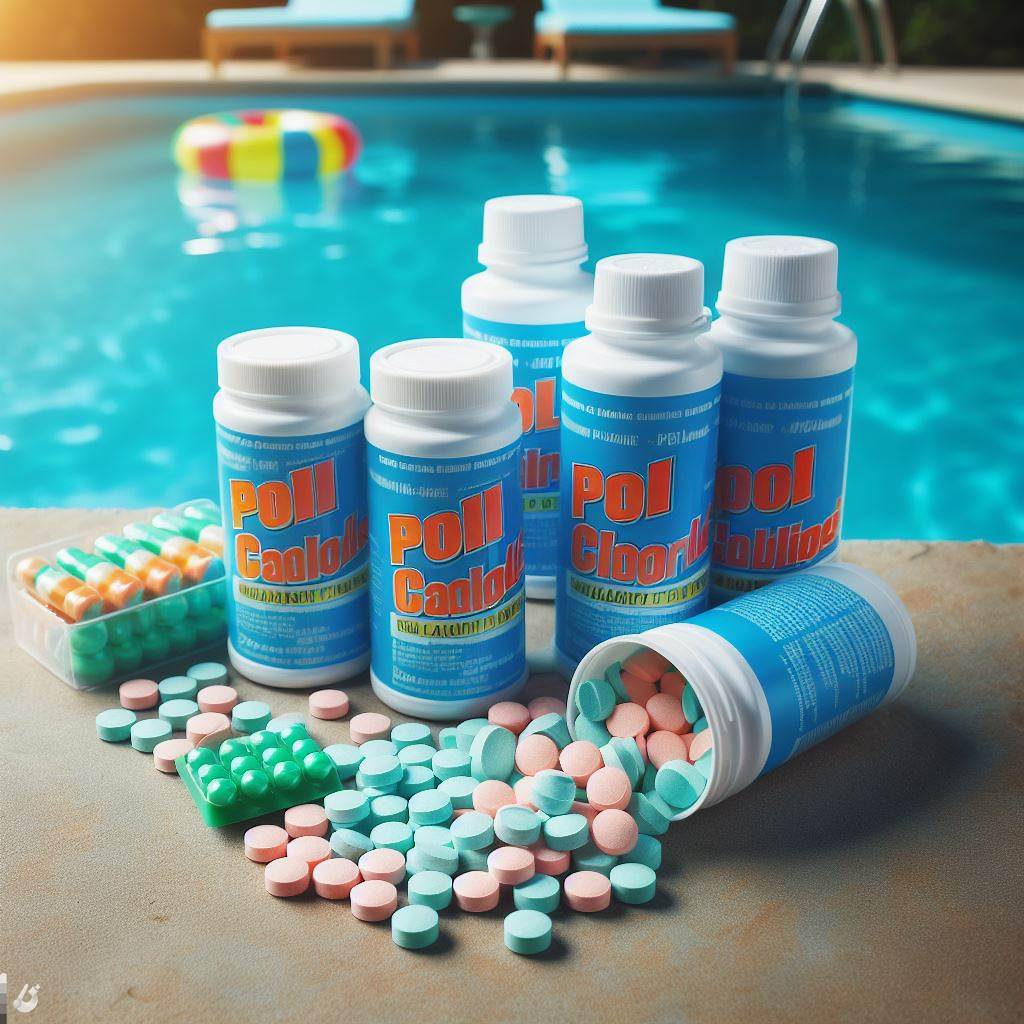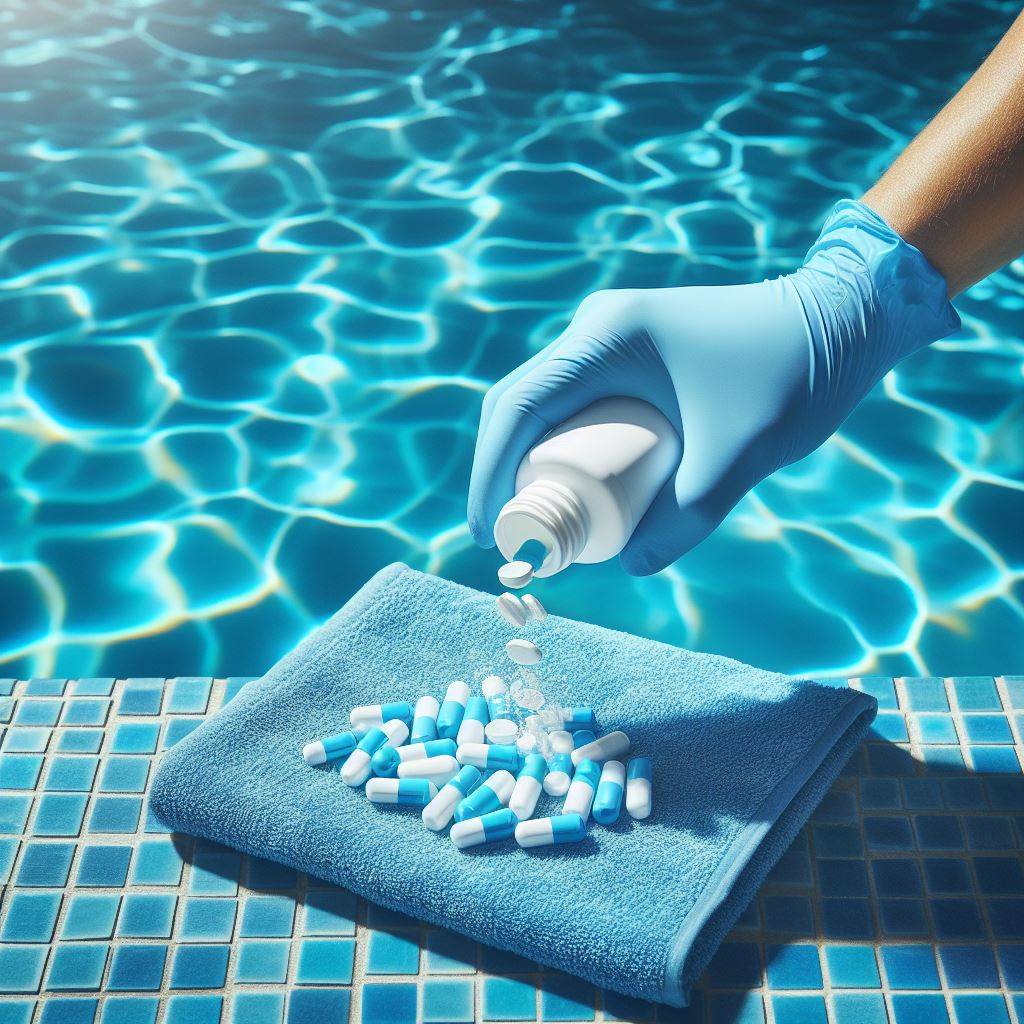In the ongoing quest for sustainable living, every aspect of our daily existence is being scrutinized for its impact on the environment. Water treatment, a cornerstone of public health and hygiene, is no exception. Chlorine tablets, historically the backbone of water disinfection, are now undergoing a revolutionary eco-friendly upgrade. This evolution promises not only to safeguard our water supplies but also to minimize ecological footprints. Here’s a detailed exploration of the anticipated changes you can expect from this environmental leap forward, structured into actionable points that underscore the significance of this transition.

I. Enhanced Environmental Compatibility
1. Reduced Harmful Byproducts:
Traditional pool chlorine tablets often leave behind chlorinated hydrocarbons like trihalomethanes (THMs) and haloacetic acids (HAAs), which are known carcinogens. The upgraded variants are designed to minimize or eliminate these byproducts, significantly reducing the risk to aquatic ecosystems and human health.
2. Biodegradable Components:
New-generation chlorine tablets incorporate biodegradable or naturally occurring ingredients, ensuring that even after their intended use, they do not accumulate in the environment, contributing to long-term pollution.
3. Eco-Packaging:
Packaging is another crucial aspect of environmental stewardship. These upgraded products come in recyclable or compostable materials, promoting circular economy practices and reducing waste generation.
II. Increased Efficacy & Safety
1. Rapid Disinfection:
Enhanced formulations promise faster and more efficient disinfection, eradicating harmful pathogens like bacteria, viruses, and protozoa in water. This translates into safer drinking water for communities worldwide.
2. Stabilized Performance:
Advancements in chemistry have led to the development of chlorine tablets that maintain their potency over a broader range of temperature and pH conditions, ensuring consistent performance in diverse water sources.
3. Minimal Residual Odor & Taste:
Unlike some older products, the new-age chlorine tablets are formulated to minimize any lingering odor or taste in treated water, enhancing consumer satisfaction and acceptance.

III. Versatility & Application Breadth
1. Multiple Water Uses:
The environmental upgrade extends the usability of these tablets beyond drinking water. They can now be safely employed in swimming pools, spas, and even agriculture, helping farmers disinfect irrigation water and promoting sustainable farming practices.
2. Easy to Use & Store:
Manufacturers have prioritized user-friendliness, designing tablets that are straightforward to dissolve, dose, and store. This convenience factor encourages wider adoption, particularly in remote or underserved areas.
3. Suitability for Portable Water Systems:
The compactness and lightweight nature of these tablets make them ideal for emergency response scenarios and portable water purification systems, empowering individuals and communities to ensure clean water access in times of crisis.
IV. Consumer Education & Awareness
1. Transparent Labeling:
With increased consumer concern over environmental impacts, manufacturers are adopting clearer and more informative labeling practices. This includes disclosing ingredients, eco-credentials, and instructions for safe disposal, fostering trust and encouraging responsible use.
2. Public Outreach Programs:
Industry leaders are investing in educational campaigns to raise awareness about the benefits of eco-friendly water treatment solutions. These initiatives engage with communities, policymakers, and stakeholders, fostering a culture of environmental stewardship.
3. Research & Development Partnerships:
Collaborations between manufacturers, academia, and non-profit organizations are accelerating the pace of innovation. Joint research efforts aim to further refine chlorine tablet technology, ensuring continuous improvement in both efficacy and environmental compatibility.
V. Global Implications & Long-Term Benefits
1. Improved Public Health:
Widespread adoption of environmentally responsible chlorine tablets will lead to safer, cleaner water for millions of people, reducing waterborne illnesses and enhancing overall public health outcomes.
2. Protected Ecosystems:
Reduced chemical pollution from water treatment processes will allow aquatic ecosystems to thrive, supporting biodiversity and preserving the delicate balance of nature.
3. Sustainable Development Goals:
This upgrade aligns with the United Nations’ Sustainable Development Goals, particularly those related to clean water and sanitation (Goal 6) and responsible consumption and production (Goal 12), advancing global efforts towards a more sustainable future.
Conclusion
In conclusion, the environmental upgrade of chlorine tablets represents a significant step forward in water treatment technology. By addressing environmental concerns, enhancing safety and efficacy, promoting versatility, and fostering consumer awareness, these advancements pave the way for a cleaner, healthier planet. As we move towards a more sustainable future, it is our collective responsibility to embrace these changes and support the continued evolution of water disinfection solutions.

 Instant
Quote
Instant
Quote Email
Us
Email
Us